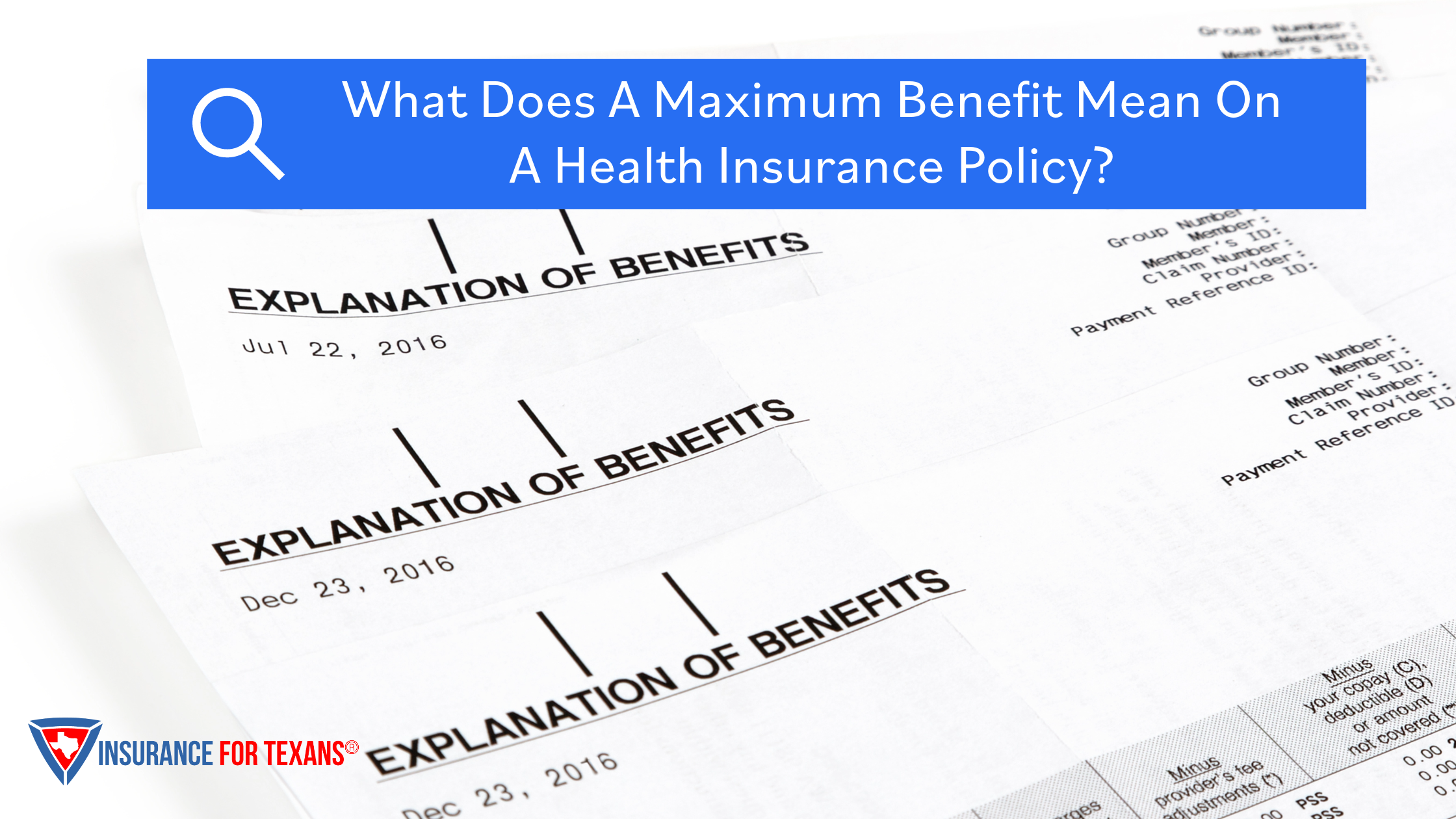The Ultimate Guide to BaoXing Bags
Explore the latest trends and styles in BaoXing bags.
Insurance Policies: The Fine Print You Can't Afford to Ignore
Discover the hidden pitfalls in your insurance policy that could cost you dearly. Don't sign blindly—get informed today!
Understanding Key Exclusions in Your Insurance Policy
When navigating the complex world of insurance, understanding key exclusions in your insurance policy is crucial to ensure you are adequately protected. Insurance exclusions are specific conditions or circumstances for which the policy does not provide coverage. Common exclusions include natural disasters, intentional damage, and wear and tear. Being aware of these exclusions can help you make informed decisions about additional coverage options, such as endorsements or riders, catering to your unique needs.
Furthermore, failing to comprehend these key exclusions may lead to unexpected out-of-pocket expenses following a claim. It’s essential to thoroughly review your insurance policy documentation and consult with your insurance agent to clarify any ambiguous terms. By doing so, you’ll gain a clearer understanding of your coverage while also mitigating potential risks. Remember, proactive management of your insurance policy can lead to peace of mind and financial security in the face of unforeseen events.

The Importance of Reading the Fine Print: What to Look For
The importance of reading the fine print cannot be overstated, especially in today's world where hidden fees and unfavorable terms can easily catch consumers off guard. Whether you are signing a contract, applying for a loan, or even purchasing a subscription service, the details outlined in the fine print often contain vital information that could impact your financial situation. By taking the time to thoroughly examine these documents, you can avoid unexpected surprises and make informed decisions that align with your best interests.
When reviewing the fine print, it's crucial to look for specific elements that could affect the overall relevance of the agreement. First, pay attention to interest rates and payment schedules, as these can greatly influence your budget. Additionally, check for cancellation policies and any hidden fees that might arise later. Lastly, don’t forget to consider any penalties for late payments or contract revisions, as these can turn a seemingly harmless agreement into a financial burden. By being vigilant and discerning, you can navigate the complexities of legal documents with confidence.
Common Myths About Insurance Policies: Debunking Misconceptions
When it comes to insurance policies, many individuals are often guided by misconceptions that can lead to poor decisions. One prevalent myth is that all types of insurance are fundamentally the same. In reality, there are various kinds of insurance policies, each tailored to specific needs and circumstances. For instance, health insurance is vastly different from auto insurance, which in turn differs from life insurance. Understanding the nuances between these categories is crucial to selecting the right coverage that meets one’s unique requirements.
Another common myth is that having insurance means you don’t have to worry about financial responsibility. While insurance policies provide a safety net, they often come with deductibles, copayments, and coverage limits. Many people believe that their insurer will cover everything, which is far from the truth. It's essential to read the fine print and understand what is and isn't covered. Therefore, being informed not only helps debunk these myths but also empowers consumers to make better choices regarding their insurance policies.